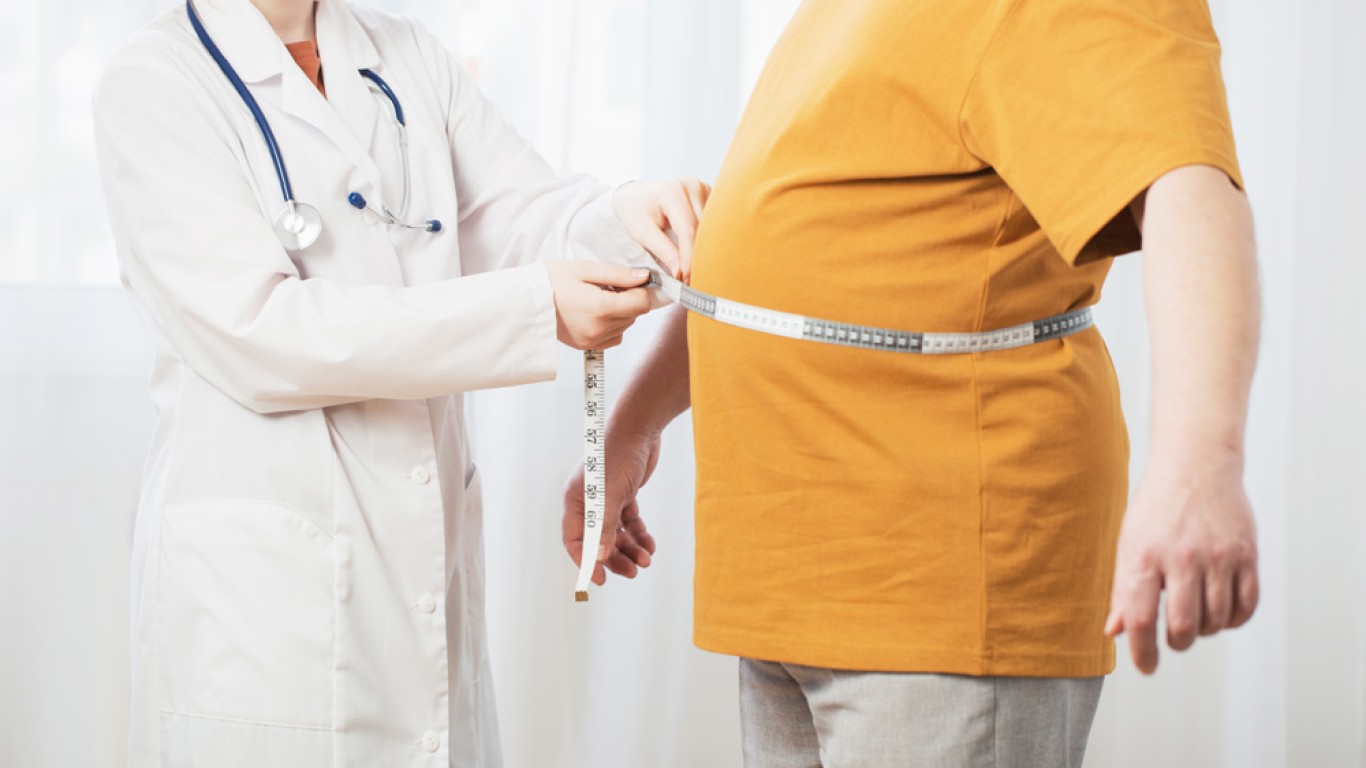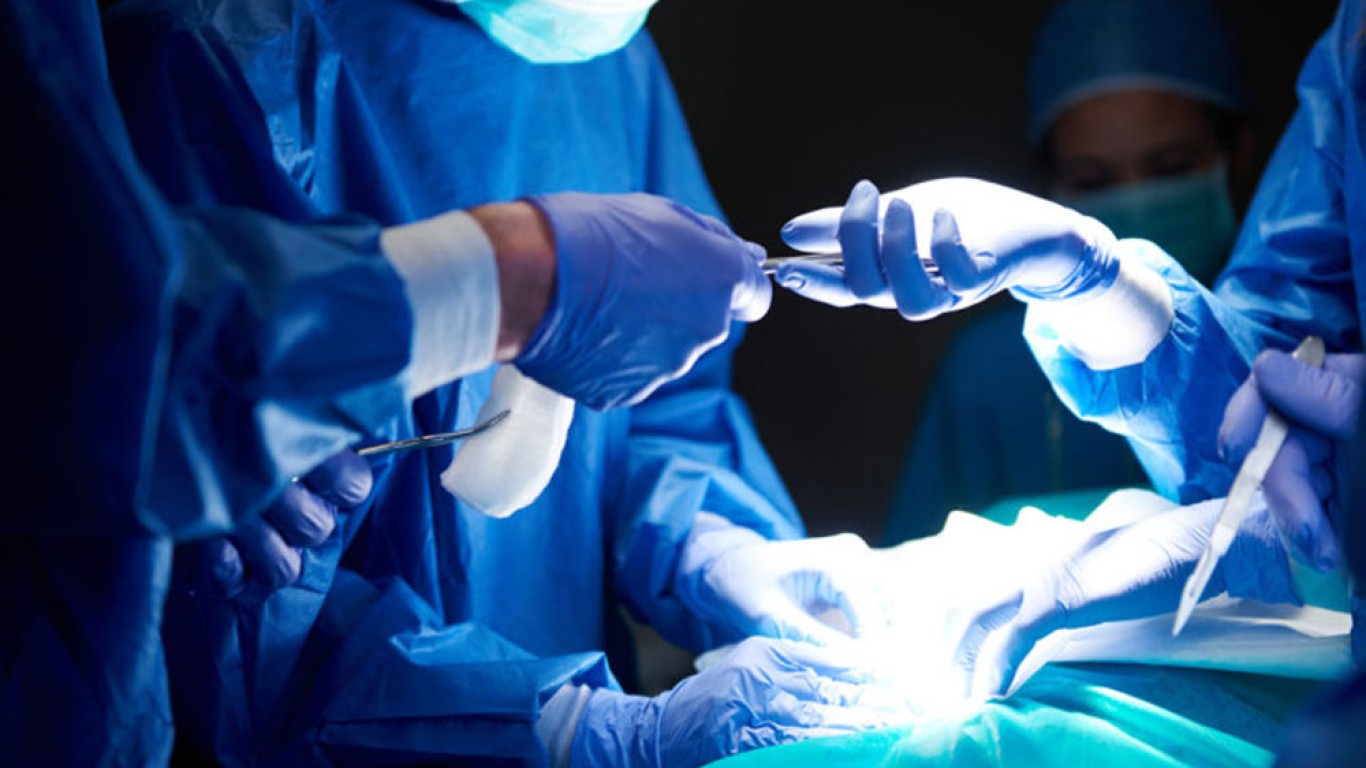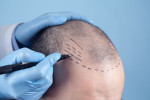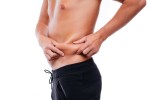Introduction
Choosing the best diet after bariatric surgery in Turkey is crucial to long-term success. A proper diet helps your body heal and supports weight loss. It also ensures you maintain results over time. Furthermore, following your surgeon’s nutritional plan reduces discomfort and avoids complications. Below is a complete guide to what, when and how to eat after bariatric surgery.
Why Diet Matters After Bariatric Surgery
Diet plays a vital role in recovery and long-term results. After bariatric surgery, your stomach is smaller. Therefore, the amount of food it can handle is reduced. Eating the wrong foods can cause pain or even delay healing. Your body needs the right nutrients to repair tissues and adjust to the new changes. Accordingly, a good diet ensures steady progress and fewer setbacks.
Key Stages of the Post-Bariatric Surgery Diet
Your diet after bariatric surgery will follow specific stages. Each one prepares your body for the next:
- Stage 1: Clear liquids – For the first 1–2 days, only clear fluids are allowed.
- Stage 2: Full liquids – Nutrient-rich liquids like protein shakes and soups are introduced.
- Stage 3: Puréed foods – After one week, soft foods like yoghurt and puréed vegetables are added.
- Stage 4: Soft foods – Soft proteins like scrambled eggs and soft fruits come next.
- Stage 5: Solid foods – Usually after 6–8 weeks, you may return to normal textured foods.
Each stage must be followed carefully. Consequently, rushing through them could slow your recovery or cause discomfort.
Nutritional Goals After Bariatric Surgery
The focus is on nutrients, not calories. Protein should be your top priority. Generally, patients aim for at least 60 grams per day. Protein supports healing and muscle maintenance. Additionally, you’ll need vitamins and minerals daily.
Your surgeon may prescribe supplements such as:
- Multivitamins
- Calcium
- Vitamin D
- Iron
- Vitamin B12
Hydration is equally important. Aim for at least 1.5 litres of water daily, taken slowly between meals. However, avoid drinking during meals to prevent stomach overload.
Foods to Include in Your Bariatric Surgery Diet
Post-surgery, nutrient-dense foods are key. These support recovery and long-term health.
Include:
- Lean proteins: Chicken, fish, turkey, tofu, and eggs
- Dairy: Low-fat yoghurt, cottage cheese, milk alternatives
- Vegetables: Well-cooked or puréed for easier digestion
- Fruits: Soft or stewed fruits in small quantities
- Whole grains: When approved, introduce oatmeal or soft brown rice
- Healthy fats: Small amounts of avocado, olive oil or nuts when tolerated
Eating slowly and chewing thoroughly helps your new stomach process food more efficiently.

Foods to Avoid After Bariatric Surgery
There are foods you should avoid entirely, particularly in the early stages.
These include:
- Fizzy drinks
- Sugary foods and drinks
- Fried or greasy meals
- White bread and pasta
- Red meat (hard to digest early on)
- Alcohol
These foods may stretch your stomach pouch or cause dumping syndrome. Moreover, they often contain empty calories that slow weight loss.
Common Eating Mistakes to Watch Out For
After bariatric surgery, eating habits must change.
Some common mistakes include:
- Eating too fast
- Drinking fluids with meals
- Skipping meals
- Not chewing food well enough
- Choosing high-calorie drinks
Avoiding these habits will help preserve your surgery’s success. Besides, they can reduce discomfort, bloating and other issues.
How to Build Healthy Habits Long-Term Post-Bariatric Surgery
Long-term success depends on sustainable habits. Firstly, stick to regular meal times. Secondly, use smaller plates to control portions. Thirdly, track your food and water intake using an app or journal. Also, attend follow-up visits with your dietitian or surgeon. They’ll help adjust your plan as your body changes. Lastly, don’t skip meals. Balanced eating throughout the day prevents energy dips and hunger spikes.
Mental and Emotional Adjustments Around Food
Bariatric surgery changes how you think about food. Many patients report emotional challenges during the transition. Previously comforting foods may now be off-limits. Therefore, it’s important to develop new, non-food coping strategies. Joining a support group can be helpful. So can therapy or speaking with a nutrition coach. Understanding your emotional patterns helps you build a healthier relationship with eating.
Dining Out and Travelling After Bariatric Surgery
It’s possible to enjoy meals out and travel while staying on track. Before going to a restaurant, check the menu online. Choose grilled items, broth-based soups or small plates. Don’t be afraid to ask for a smaller portion. When travelling, pack protein shakes, nuts, and snacks. Stick to your eating schedule even when away from home. Planning ahead helps you stay consistent.
What Happens If You Slip Up?
Mistakes can happen. You might eat something too fast or choose the wrong food. If so, don’t panic. A single slip won’t undo your progress. Instead, reflect on what happened and return to your plan. Use it as a learning opportunity. Moreover, reach out to your healthcare team for support if needed. Long-term success is about consistency, not perfection.
Results You Can Expect With the Right Diet
A proper diet can significantly boost your results. Most patients lose 50–70% of excess weight within a year. Skin tone and energy levels also improve with proper nutrition. Additionally, many report fewer cravings and more stable moods. Your health will benefit too, as conditions like diabetes and high blood pressure may improve. Ultimately, combining surgery with a well-managed diet brings lasting success.
Conclusion
Following the best diet after bariatric surgery in Turkey is essential for a smooth recovery and sustained weight loss. From liquid phases to lifelong habits, each step matters. With discipline, support, and guidance, you can enjoy transformative and lasting results.
For more information and to book a consultation visit the ACIBADEM Beauty Center Obesity Surgery page.
Frequently Asked Questions
Most people return to solid food within 6–8 weeks, following the guidance of their medical team.
Yes, long-term supplements are essential after bariatric surgery to prevent nutritional deficiencies.
Caffeine is usually avoided for the first month. After that, small amounts may be reintroduced.
That’s normal. Your stomach is smaller, so small meals are necessary to avoid discomfort.
Yes, weight regain is possible. Therefore, maintaining a healthy diet is key to long-term success.














